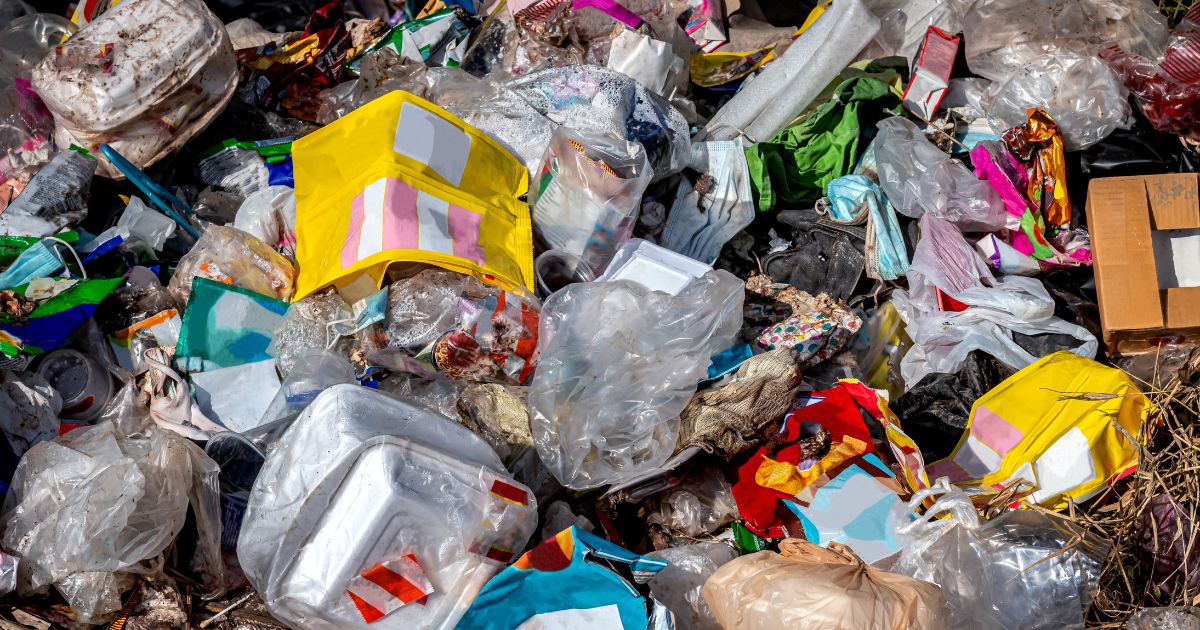Tell the U.S. government: Negotiate a strong Global Plastics Treaty!

From cookware to toys to building materials, the world today is made of plastic. And plastic is often made from toxic petrochemicals like flame retardants, PFAS, vinyl chloride, and phthalates.
Our new peer-reviewed study found high levels of cancer-causing flame retardants in household products made with black plastics including food serviceware, kitchen utensils, toys, and hair accessories.
The results from our study add to a growing body of evidence that plastics are toxic. These chemicals can escape from plastic products and pollute our homes, bodies, and environment.
This November, the U.S. will take part in worldwide negotiations for the Global Plastics Treaty. As negotiations for the treaty are finalized this fall, the U.S. and other governments must agree to phase out these harmful plastics and chemical additives.
It’s not enough to require more recycled plastic content in products. The treaty must restrict highly hazardous plastics like styrene or the persistent bioaccumulative and toxic (PBT) chemicals like flame retardants that may contaminate them.
Only when these dangerous materials and chemicals are banned will they be prevented from circulating through our environment and appearing in products where we don’t expect them and where they don’t belong.
Tell the U.S. government: negotiate a strong Global Plastics Treaty that restricts highly hazardous plastics and toxic chemicals!
